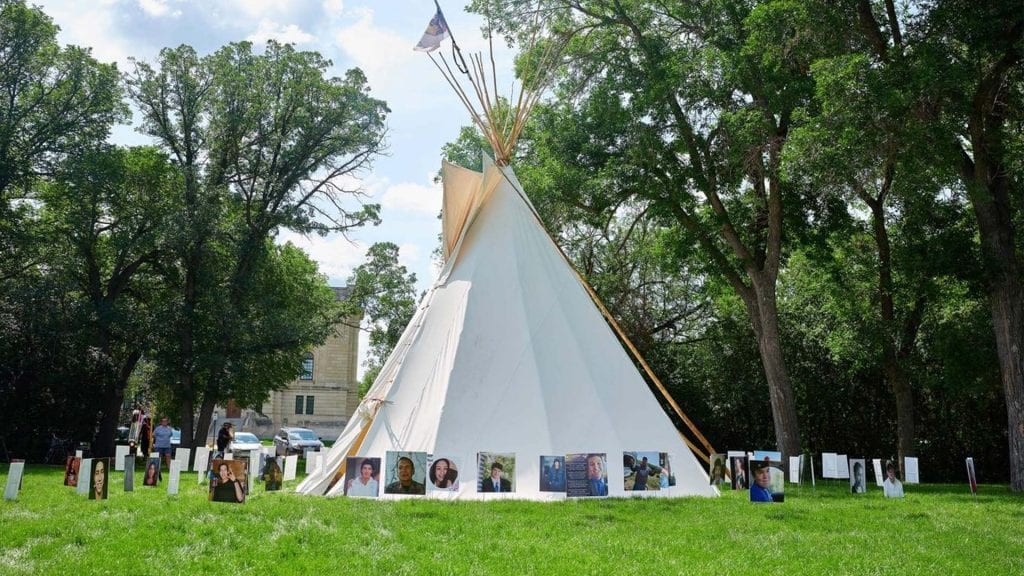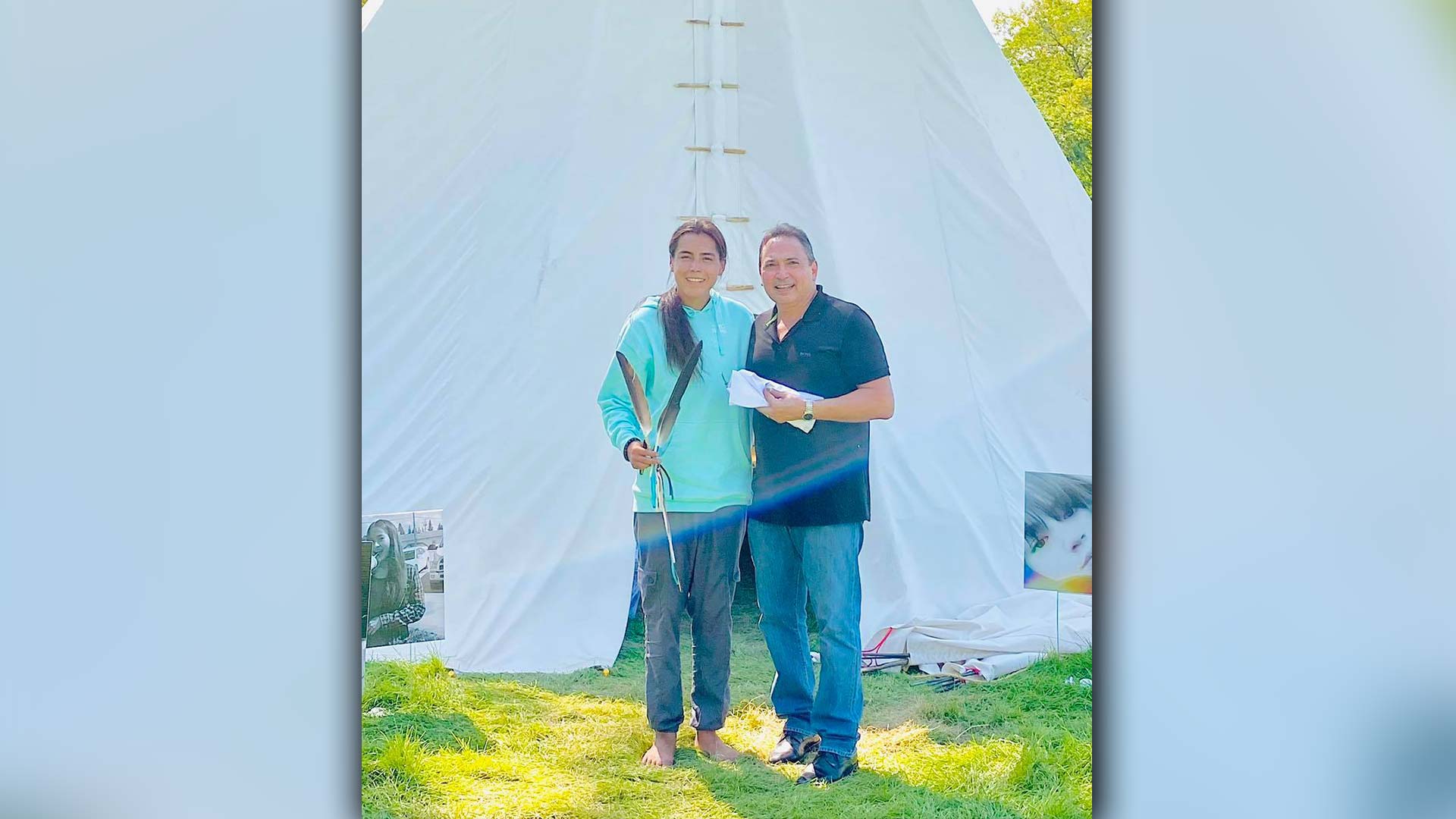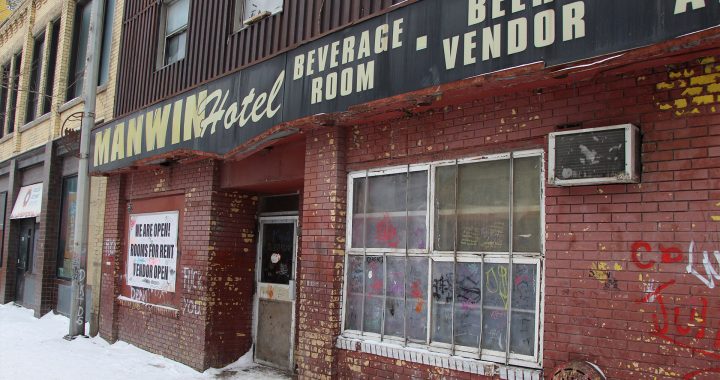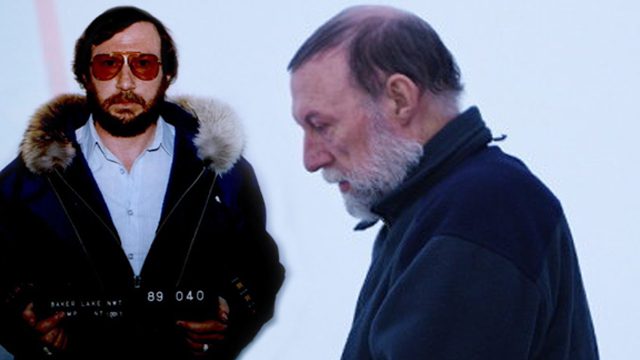
This teepee was erected in early August to advocate for action and legislative change on the issue of suicide. Photo: Walking with our Angels/Facebook
The Saskatchewan government’s request to have a teepee removed from the lawn at the legislature has been put over and will be heard in court a few days before the man camping there plans to leave.
Tristen Durocher established the camp at the start of August, where he started a ceremonial fast to raise suicide awareness and advocate for change.
He’s since been visited by AFN National Chief Perry Bellegarde and FSIN Chief Bobby Cameron, who spoke at the camp on Tuesday.
Durocher has been documenting the fast on the Walking with our Angels Facebook page, where he said he hoped the visit from FSIN would lead to results.
“Our need for real change and action is severe and of dire consequences if unsuccessful,” a post said on Wednesday.
Provincial lawyers have filed an application to the Court of Queen’s Bench seeking a court order to have Durocher’s camp forced out of Wascana Park.
The 24-year-old walked more than 600 km to Regina from a community in northern Saskatchewan to call for legislative action to address high suicide rates among First Nations people.

The provincial government announced a strategy back in May to tackle its rate of suicide. It said each year about 144 people in the province kill themselves, and that suicide is the leading cause of death for people aged 10 to 49 in northern Saskatchewan.
Durocher said much more still needs to be done to save lives.
His lawyer told court by phone that she plans to file materials for a constitutional question.
Eleanore Sunchild says her client plans to leave the legislature grounds on Sept. 13, when the fast is slated to end.
The hearing was put over to Sept. 4
A lawyer for the province requested the hearing happen as soon as possible, because it could become moot. The lawyer also said Durocher is in violation of a 2018 court order stemming from another protest.
That year, a group set up on the same section of lawn what it called the Justice For Our Stolen Children camp. That protest came after acquittals in the high-profile deaths of Colten Boushie in Saskatchewan and Tina Fontaine in Manitoba.
Protesters spent months there calling attention to racial injustice and the high number of Indigenous children in care, until a judge ordered the camp dismantled.










